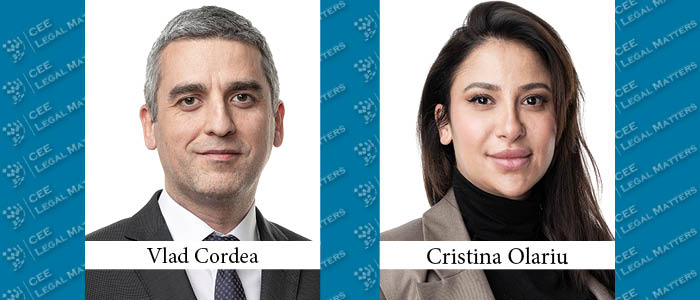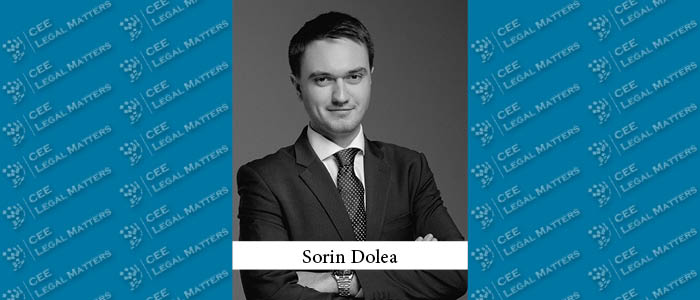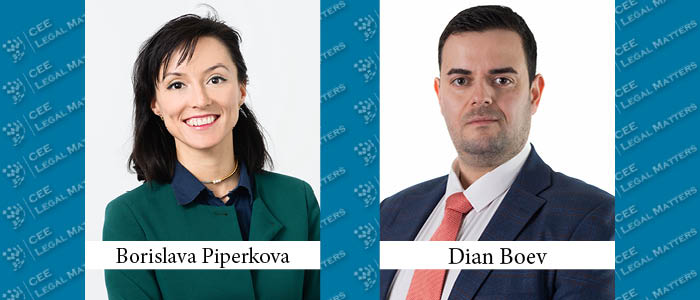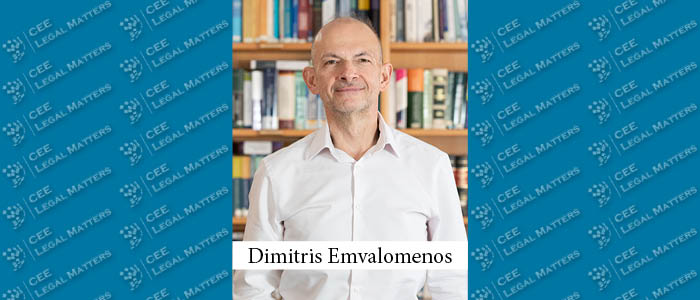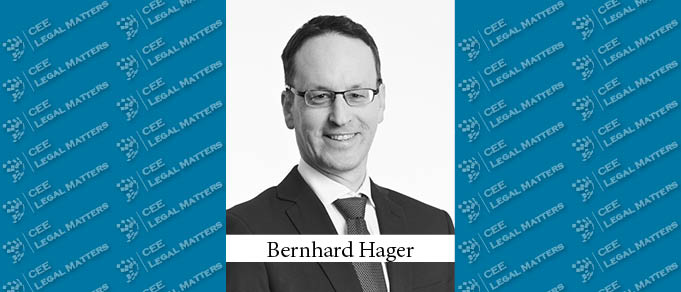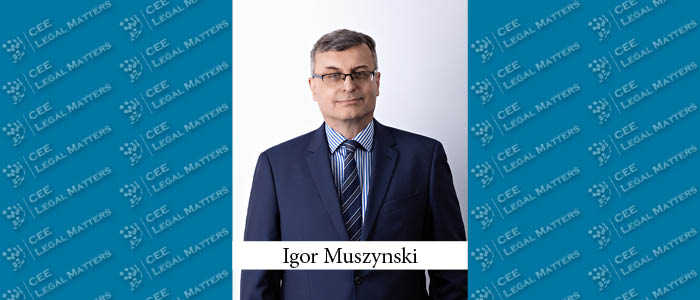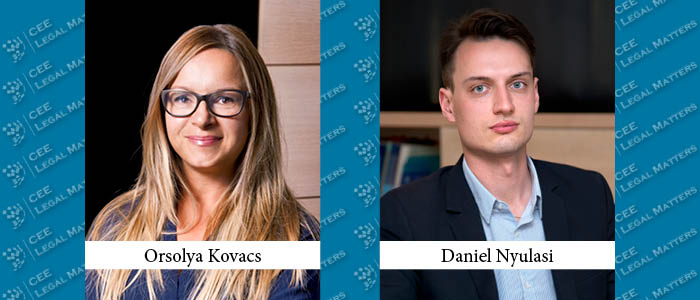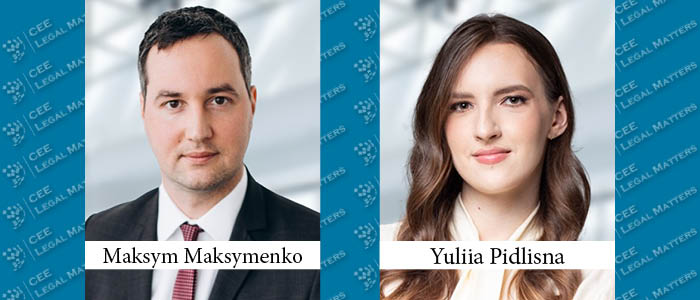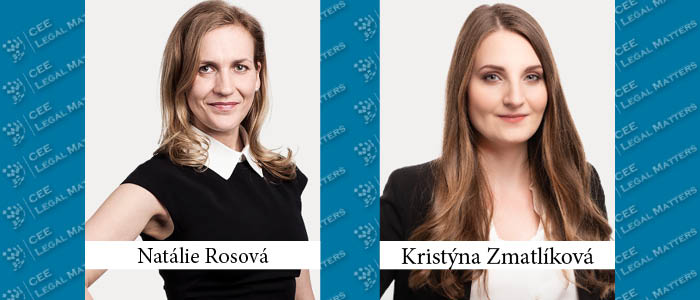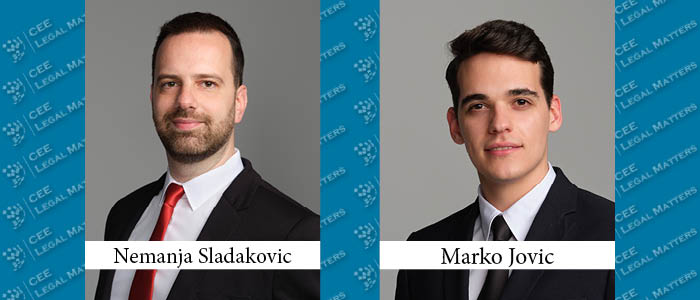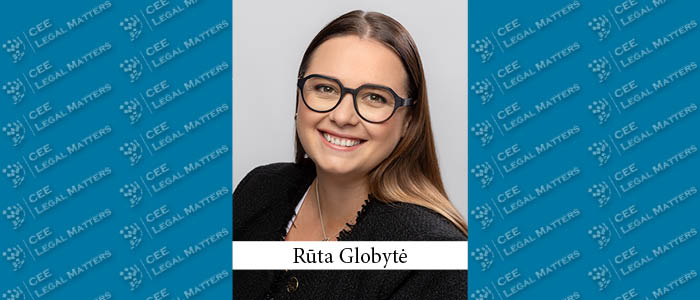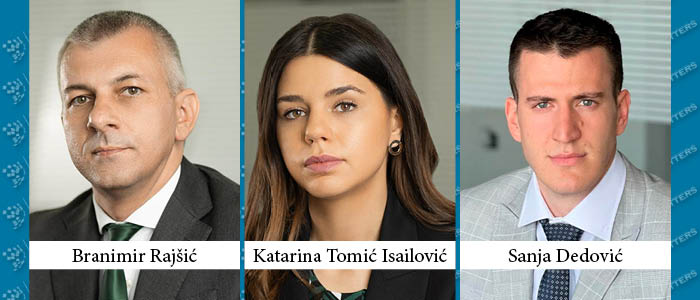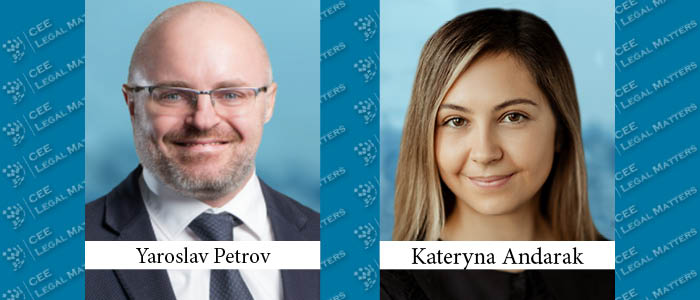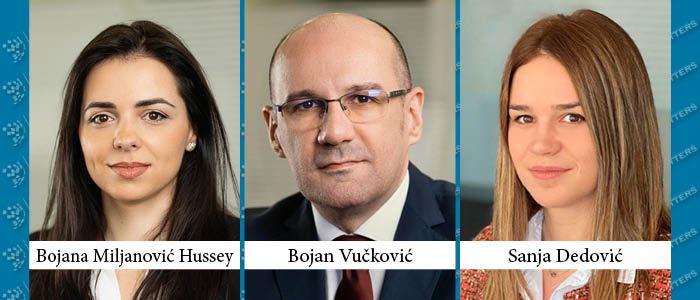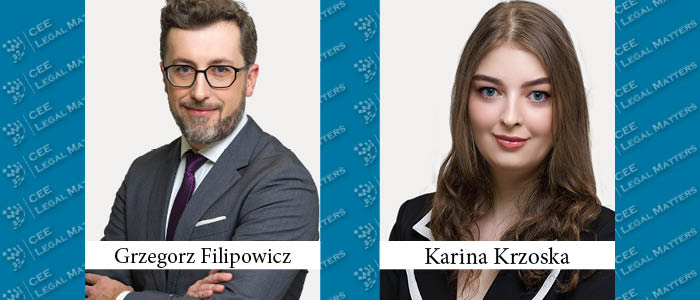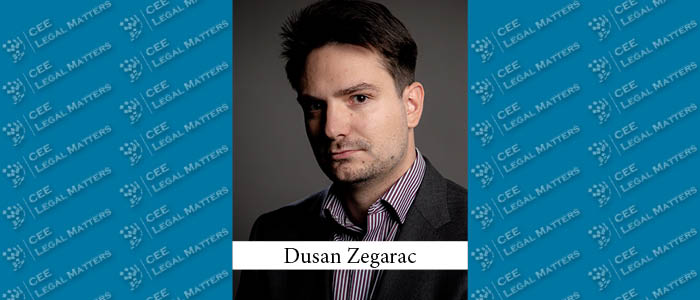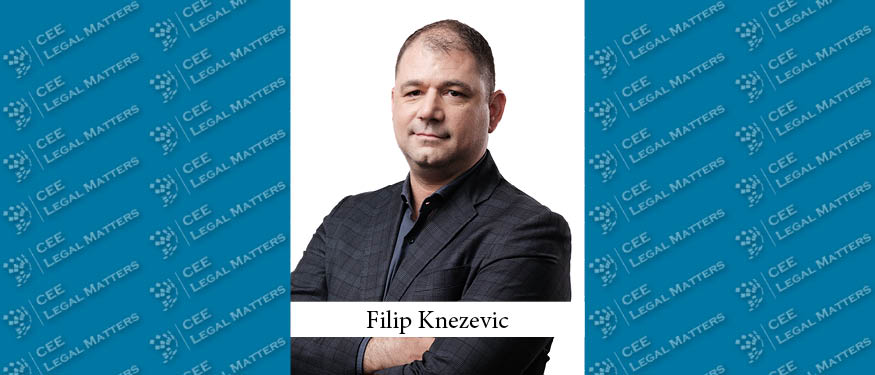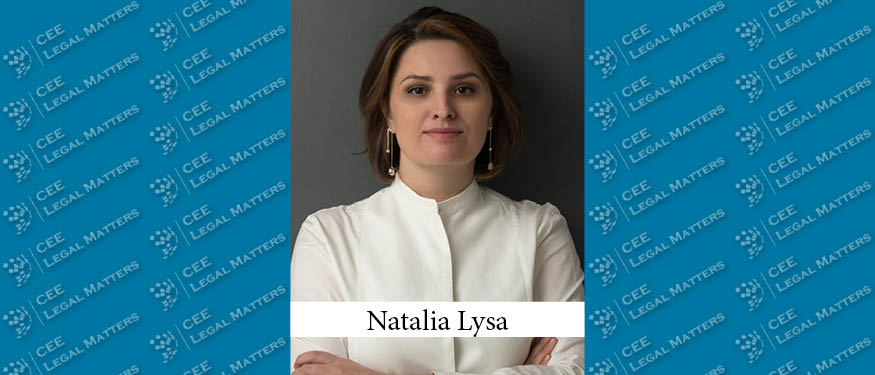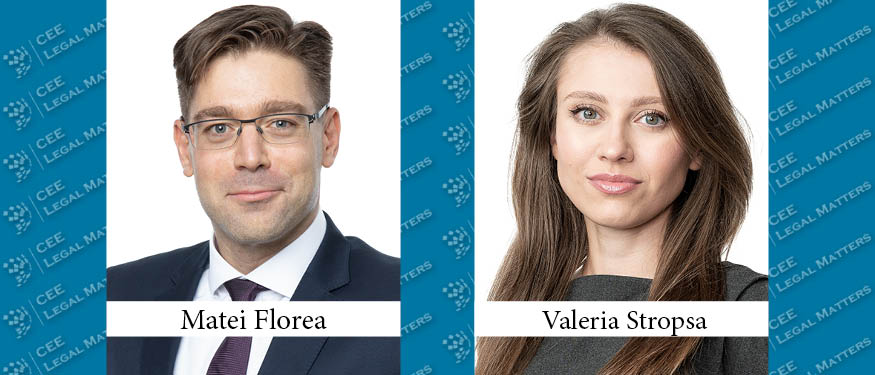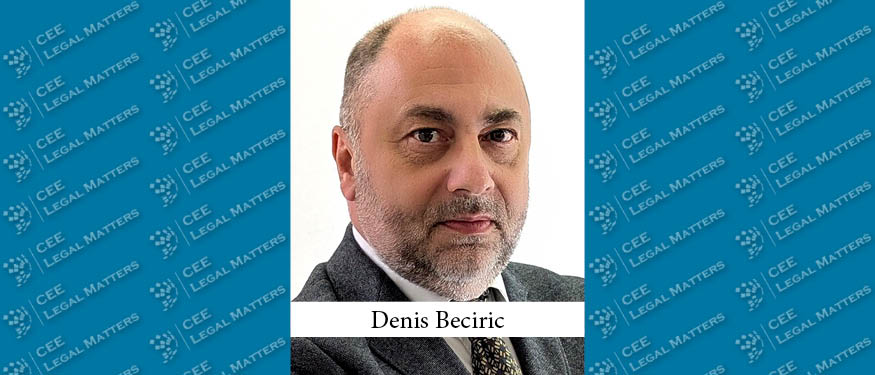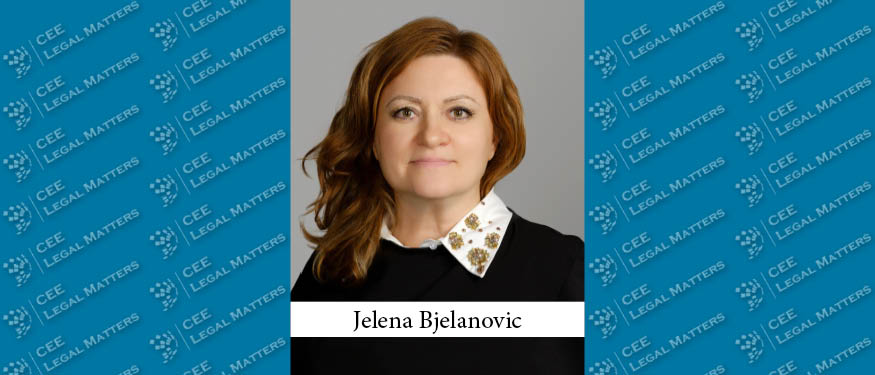The Romanian Energy Regulator (ANRE) recently published a proposal for a new procedure regarding the passporting in Romania of energy or natural gas supply and trading licenses issued in other EU countries, based on ANRE’s confirmatory decisions (New Passporting Procedure).
Moldova: New Amendments to Gas Law
On December 29, 2023, Law no.429/2023 on amendments of the Law on natural gas no.108/2018 entered into force. The amendment contains some provisions regarding the creation and maintenance of natural gas stocks. Thus, the government will undertake the necessary measures to ensure the use, until November 1 of each year, of the natural gas storage capacity in the storage facilities of other countries that are part of the Energy Community and of the member states of the European Union.
Bulgaria: The Energy Sector Is Expecting a Memorable Year Ahead
In mid-2023, the Bulgarian Parliament finally formed a steady Government. The Parliament also introduced predictability in the regulatory environment for renewables along with several legislative developments.
Greece: Renewable Energy – A Lucrative Investment Horizon
As the year 2024 unfolds, Greece stands as a shining beacon of opportunity in the energy sector, particularly in the realm of renewable energy. The Greek energy market has undergone a profound transformation in recent years, embracing a diverse and sustainable energy mix that positions the country as an attractive investment destination.
Slovakia: Update on the Energy Markets
As always in Slovakia, political changes are accompanied by personnel changes. Thus, having a new government and new deputies to the parliament has initiated the change of the key personnel, including the head of the Regulatory Office for Network Industries (URSO) and of the Slovak electricity transmission system, Plc. (SEPS).
Poland: Finding Room for More Renewable Power Plants
Poland stands out as an EU member state with extremely high reliance on power generated from coal and lignite. In 2023, 63% of its electricity was produced from these resources. Still, this marks the lowest-ever share of coal and lignite-fired electricity in Poland’s annual production thanks to the rapid growth of wind and solar plants.
Hungary: The Network Development Plan for Electricity System 2023 Has Been Approved
On February 14, 2024, the Hungarian Energy and Public Utility Regulatory Authority (MEKH) approved the Network Development Plan 2023 submitted as a result of the coordinated work of the Hungarian TSO (transmission system operator – MAVIR Zrt.) and distribution network operators.
Turkiye: New Amendments Will Allow for the Construction of Electricity Generation Facilities on Water Bodies
With the introduction of a recent omnibus legislative proposition presented to the Grand National Assembly on January 29, 2024, a significant legislative shift will occur in Turkiye’s renewable energy production sector.
Ukraine: Progress Made on the Renewables Agenda
Despite martial law, Ukraine has significantly advanced its renewable energy agenda over the last year. Ukraine’s trajectory in the renewable energy sector is not merely a response to challenges but a proactive and strategic approach to shaping a greener and more sustainable future.
Czech Class Actions Series – Introduction
Class Actions Act in force: a game-changer in consumer claims enforcement against businesses in the Czech Republic?
Is It Time to Reconsider Nuclear Energy in Serbia?
In recent years, growing energy demands and environmental concerns have brought nuclear energy back into focus. Its importance lies in producing large amounts of energy while emitting fewer greenhouse gases than fossil fuels. As countries seek sustainable energy solutions, many are turning to nuclear power. However, despite its benefits, nuclear energy faces legal barriers in several countries, including Australia, Austria, Denmark, and Serbia.
New EU Directive: Better Working Conditions for Bolt and Wolt Couriers
On April 24, 2024, the European Parliament adopted a resolution for a directive aimed at improving working conditions on platforms. This is a significant step towards addressing the needs of platform workers, such as 'Bolt' and 'Wolt' couriers, throughout the European Union.
Arm’s Length Interest Rates for 2024 Published in Serbia
Serbian Minister of Finance issued the Rulebook on interest rates that are considered to be in line with the arm’s length principle for the year 2024 (Rulebook).
Ministry of Energy of Ukraine Lifts Martial Law Restrictions on "Green" Tariff Payments
On 1 May 2024, the Ministry of Energy of Ukraine's Order No.136 as of 1 April 2024, came into effect, cancelling Order No.206 as of 15 June 2022. This change has significant implications for the renewable energy sector in Ukraine, as detailed below.
EUR 337.5 Million Fine Imposed on Mondelez International for Anticompetitive Behaviour
The European Commission has imposed a hefty EUR 337.5 million fine on Mondelēz International, Inc., the world-famous producer of Oreo, Milka and Toblerone, for restricting cross-border trade of chocolate, biscuits, and coffee products among EU Member States, in violation of EU competition regulations.
Draft Act Introduces Initial Regulatory Framework for Functioning of Green Hydrogen Market in Poland
The development of the hydrogen economy has been recognised as one of the priorities for the implementation of the European Green Deal, the main goal of which is to achieve climate neutrality in Europe by 2050. Poland is Europe's third-largest producer of hydrogen; however, its production is done exclusively with fossil fuels for companies' own needs. The regulations currently in force in Poland do not provide adequate conditions for the effective implementation of the strategy for the development of the green (renewable) hydrogen market.
Joinder of Parties in Multi-Party Arbitration
Given the complexity of modern legal traffic, the complex economic structures are becoming a standard in today’s business transactions. There is an increase in business activities which include a larger number of participants. Accordingly, disputes involving more than two subjects are occurring ever more often - especially on the international level. In light of this, the ICC International Court of Arbitration even noted an increase in multi-party arbitrations stating that one-third of ICC cases today involve multiple parties.[i]
The "Dupe" Trend and Competition
A popular practice among consumers under the age of 30 is to purposely search for better-value alternatives to items from well-known brands. Started to gain followers on social media, this idea has become a phenomenon, with entrepreneurs setting up e-stores, boldly claiming to sell dupes (short for "duplicates"). Others sell their own products "inspired" by current trends. And while supply is generally justified by demand, it raises the question of whether duplicates are an innocent more affordable alternative or an unfair profiting on the back of another. Public opinion is divided, but we are going to examine what the law says.

